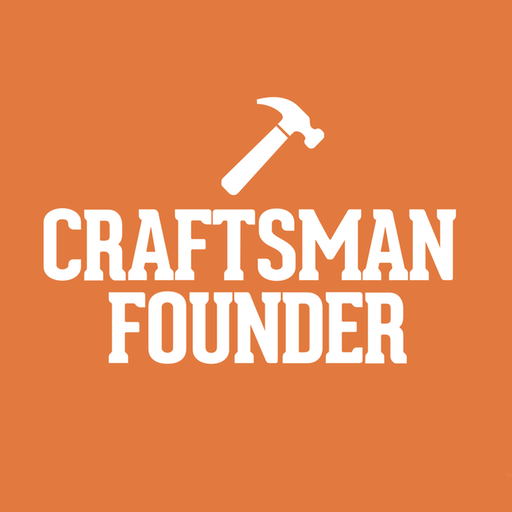How To Cope With Startup Envy
Dear Lucas…
My startup recently failed. I was the CEO, and it was in a super-hot space with three other competitors. Two of the competitors were acquired and the founders in both companies became super-wealthy. I checked out their LinkedIn profiles and for most of the founders, it was their first startup.With only two startups left, our other competitor’s growth stalled while ours went through the roof. We were way in the lead until we tried to raise our next round of funding. The VCs did not want to invest any more money. We tried laying people off, but in our frenzy to grow quickly, we ran out of money and had to shut down.
Meanwhile, the stalled competitor had scaled down operations earlier than us, which naturally gave them more runway. They ended up pivoting into a tangential space where they (accidentally?) hit on a big new hot trend. Almost a year after they scaled back, they were now raised a round of funding at a huge valuation.
Should we have done something differently? How did I screw it up when I was ahead? I can’t get over the feeling like none of it is fair. I get the feeling that other people keep winning big all around me, except for me. Do you have any advice that can help me?
—Almost Famous
Hi Almost Famous,
Your story is so common that it has been told for thousands of years and countless ways. It is straight out of Taoist mythology. Here is how I usually modernize it.
A father has a son. Everyone congratulates him and says “What great news!”The father responds: “Maybe.” The son grows up and breaks his arm in baseball. Everyone says: “What bad news the broken arm is!” The father responds: “Maybe.” A war breaks out and the military rejects his son due to the arm injuries. Everyone says: “What good news the broken arm was!” The father responds: “Maybe.” The son goes off to war anyhow. Everyone says:“What bad news your son went off to war.” The father responds: “Maybe.” The son is part of the platoon that kills the dictator. Everyone says: “What good news your son went off to war.” The father responds: “Maybe.”
I think that I will use your version of the Taoist myth instead now, because it illustrates the same structure but using terms I love.
An entrepreneur starts a company and gets millions in venture capital. Everyone congratulates him and says “What great news about starting a company!” The entrepreneur responds: “Maybe.” The company’s growth stalls. Everyone says: “What bad news about your growth!” The entrepreneur responds: “Maybe.” A bunch of companies in the same space are acquired. Everyone says: “What good news about the acquisitions!” The entrepreneur responds: “Maybe.” The company lays everyone off to extend runway. Everyone says: “What bad news about layoffs.” The entrepreneur responds:“Maybe.” The company pivots and raises a mega-round of funding. Everyone says: “What good news about the funding!” The entrepreneur responds:“Maybe.” The company runs out of money and shuts down. Everyone says:“What bad news about starting that company!” The entrepreneur responds:“Maybe.”
“What could have been” haunts us only when we forget that “what will be” alone can illustrate the full depth and measure of “what is”.
Are you going to let yourself be defined by what could have been? Or are you going to appreciate the here and now, and create what can be?
“Character consists of what you do on the third and fourth tries.” ― James A. Michener
I can hear your response already: “but so-and-so didn’t have to wait for their third and fourth tries.” That’s startup envy talking. The one who succeeded monetarily is the one you should pity, not yourself.
It is your turn to build character this time instead of hording money. Relish it. Treasure it. Learn to appreciate it and be grateful for this opportunity. Your failure is your accomplishment, wear it proudly. Your failures build character like tearing muscles builds scar tissue. It makes you fucking buff.
Nobody can build character for you. Think of your heroes. Are they people full of character? Guess how they got it. Was it by obsessing on what could have been? The experiences you are having right now are irreplaceable and precious and rare.
Fortunes come and go. Building startups is a long game. It is not long on money. You might win money in one startup, then invest it all and lose it the next startup. Startups are long on character. This is the dirty little secret nobody tells you up front: the spoils go to those left standing.
–Lucas
(If you liked this article, you might also like Are You a Craftsman Founder? by Lucas)
About the Author
Lucas Carlson
Lucas Carlson is a hands-on consultant, author and entrepreneur. He helps founders discover opportunities for growth, both for their companies and for themselves. He was the CEO and founder of AppFog, a popular startup acquired in 2013 after signing up over 100,000 developers and raising nearly $10M in venture funding from top angels and VCs.
